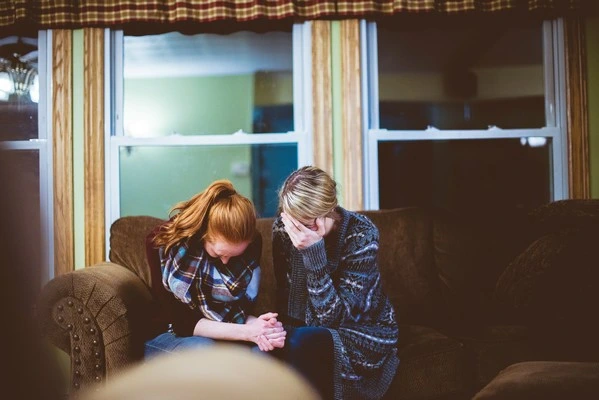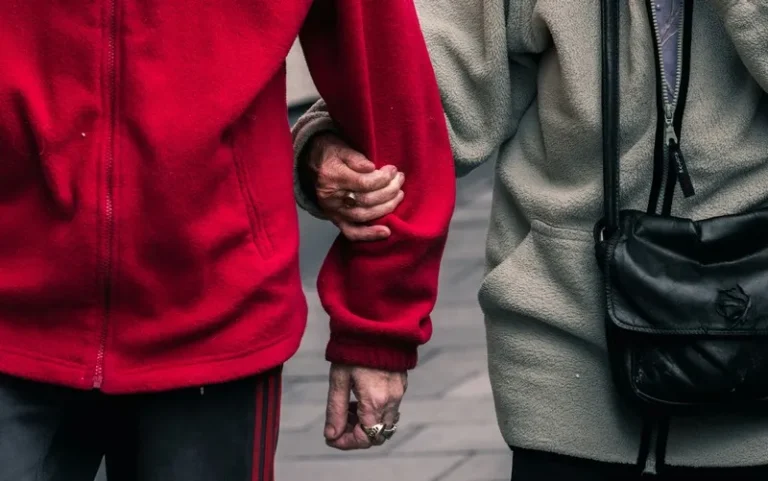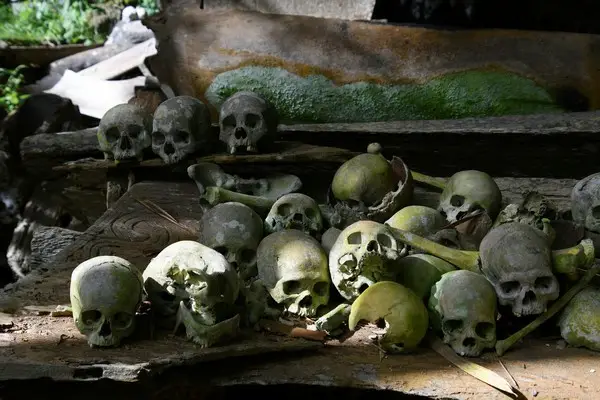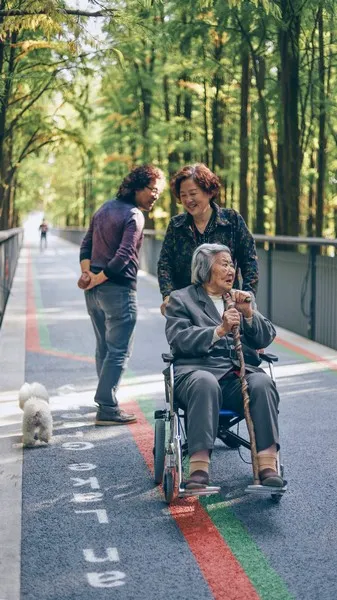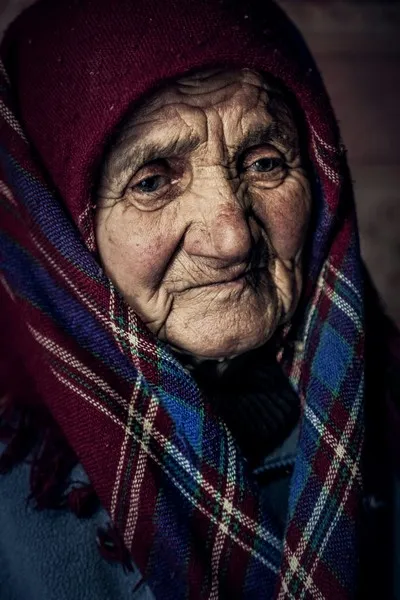Ubasute, also known as "obasute" or "oyasute," is a purported ancient Japanese practice where elderly parents were allegedly carried to a mountain or remote place and left to die, ostensibly to alleviate the burden on the family. Although the historicity of ubasute is debated among scholars, it holds significant cultural and symbolic resonance in Japanese literature and folklore. This essay outlines and explains the concept of ubasute, examining its historical context, cultural significance, and the sociological implications it holds in the context of family, aging, and societal values.
Historical Context
The term "ubasute" combines "uba" (old woman) and "sute" (to abandon), and is rooted in Japanese folklore and literature rather than concrete historical evidence. References to ubasute can be found in various texts, including the "Ubasuteyama" (The Mountain Where Old Women are Abandoned) tales and other folk stories. These narratives often describe an elderly person being carried to a desolate location, such as a mountain or forest, to die, either at their


